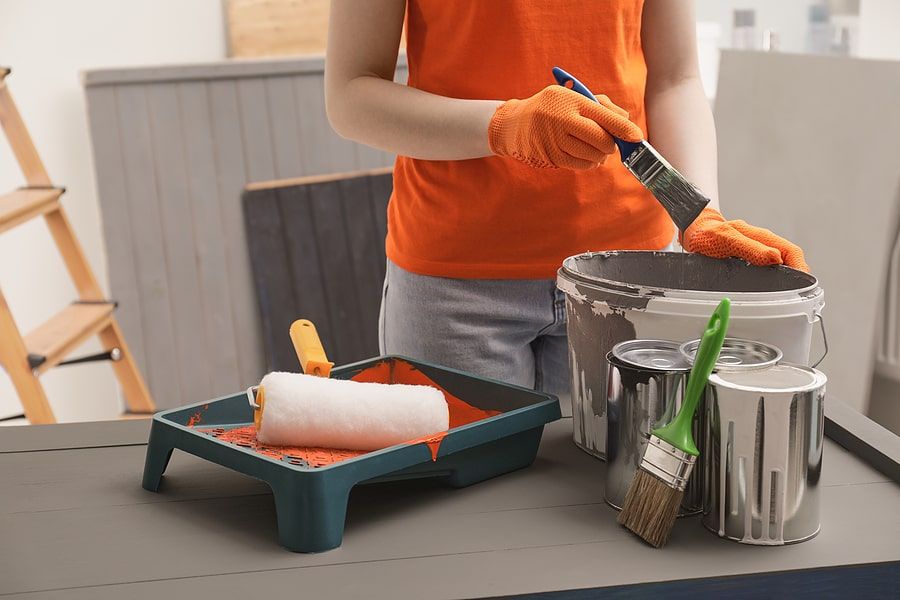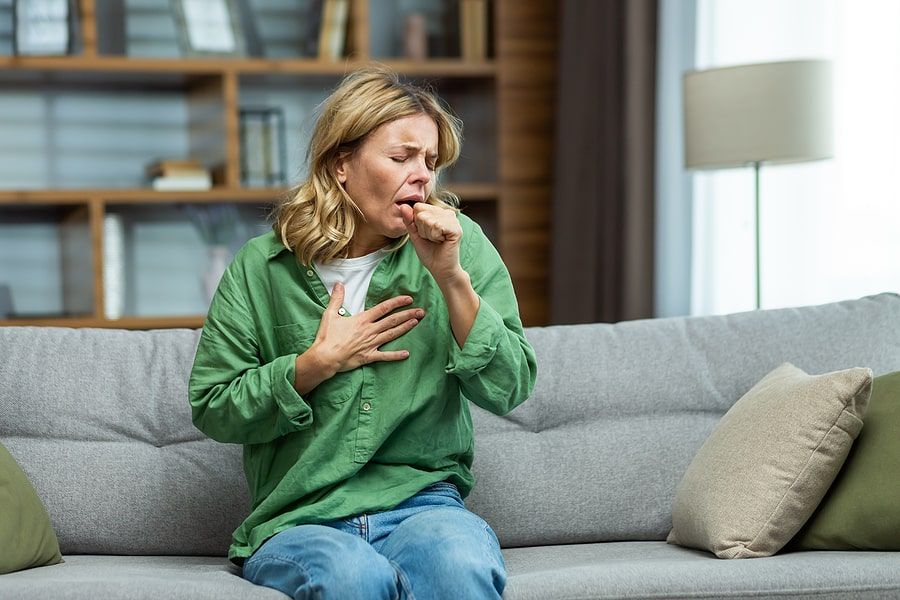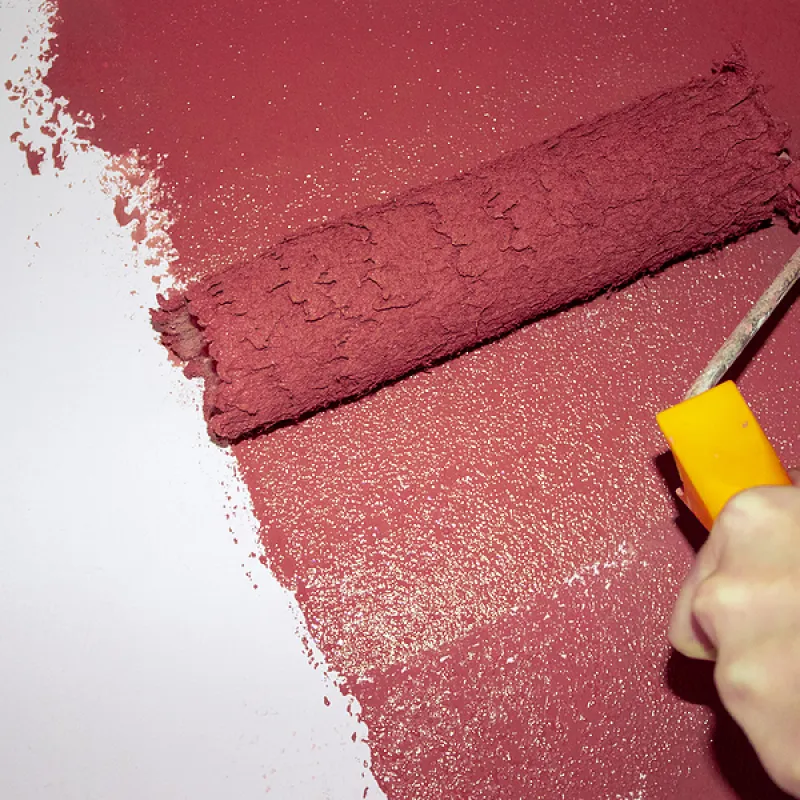Whether you have an extra can of exterior paint taking up space in your garage or want to match your home's interior to its exterior, you may wonder: Can exterior paint be used inside?
While you technically can use exterior paint inside, we don't advise it! Interior and exterior paints have special formulas that make them suitable for one specific environment. When you use exterior paint indoors, you may even put your health and well-being on the line.
If you're still tempted to use your exterior paint indoors, understanding why it's not advisable can help you make the smartest painting decision. Learn the risks of swapping interior and exterior paints below, then call Nelson Exteriors at 678-283-8171 to get a free quote for interior painting services. Our crew is full of the best house painters in Atlanta!
The Differences Between Exterior and Interior Paints

Interior and exterior paints have a few significant differences that make them suitable for their targeted environmental conditions. Let's start by exploring the differences:
Exterior Paint
Your house's exterior paint must hold up to severe weather conditions, changing temperatures, and impact from hail, rain, and tree branches. As a result, exterior paints contain special formulas that give them superior durability and strength against these conditions.
Paint manufacturers mix additives into exterior paints to block UV light, allow the paint to expand and contract with fluctuating temperatures, and resist mold and mildew.
Interior Paint
Meanwhile, interior paints contain rigid resins that provide durability against bumps from furniture. These resins don't allow the paint to expand and contract like exterior paints.
And because interior paints don't need to withstand quite as severe conditions, they don't contain the additives commonly found in exterior paints. Without these additional chemicals, interior paint can dry more quickly.
What Happens if You Use Exterior Paint Inside?
Exterior paint is highly durable, fade-resistant, and long-lasting, so using it for your interior walls may seem smart. But can exterior paint be used inside safely? What would happen if you tried it?
Consider these risks of using exterior paints indoors:
You Become Exposed to Chemical Additives Unnecessarily

Perhaps the most significant reason not to use exterior paints indoors is unnecessarily exposing yourself to the chemical additives in exterior paints.
Exterior paints are high in volatile organic compounds (VOCs), which are hazardous chemicals that give these paints their durable, weatherproof qualities. While high VOCs aren't a big deal when you're using paint outside, where ventilation is at a maximum, bringing these VOCs indoors can put your health on the line.
VOCs are especially toxic while the paint is wet, so you'll risk significant exposure to these compounds while waiting for your paint to dry. Even after your paint dries, it will continue emitting VOCs for some time.
VOC exposure can produce symptoms like:
Loss of coordination
Headaches
Irritation of the eyes, nose, and throat
Nausea
VOCs can damage your kidneys, liver, and central nervous system in extreme cases. Bringing these chemical fumes indoors and exposing yourself to them long-term isn't worth any benefits you may gain from using your exterior paint inside.
You Waste Money on Weather-resistant Paint
Let's say you aren't concerned about the VOCs in exterior paint, or you've found a brand low in these toxic compounds. Using exterior paint for inside walls still isn't a smart investment.
Exterior paints cost more than interior ones because of their chemical additives and highly durable makeup. Spending extra money on paint for qualities you don't need doesn't make sense.
You Miss Out on Qualities Necessary for Interior Paints
Using outdoor paint inside can also cause you to lose out on the qualities important in interior paints. Indoor paint contains rigid resins that make it look flat, even, and smooth on the wall. Companies manufacture interior paint to be washable and scratch-resistant to withstand the conditions of most busy homes.
While your exterior paint is slow to absorb UV rays, it may not look as smooth on your interior walls or wash off as easily. You'll need to spend more time on maintenance to keep your exterior paint looking as it should.
Final Verdict: No, You Should Not Use Exterior Paint Inside
Using your exterior paint on interior surfaces simply isn't a good idea. Doing so may expose you to harsh chemicals that could lead to adverse health symptoms that only worsen with time. You'll also waste money on paint that doesn't suit your needs.
But don't throw away your leftover exterior paint just yet. If you have the space for it, keep it in your garage or shed and ensure the lid is on tight. It should stay good for a few years, allowing you to use it for touch-ups on outdoor surfaces as needed.
Now that you know the answer to "Can exterior paint be used inside?" consider leaving your paint job in the hands of professionals. Contact Nelson Exteriors today at 678-283-8171 for an estimate.

